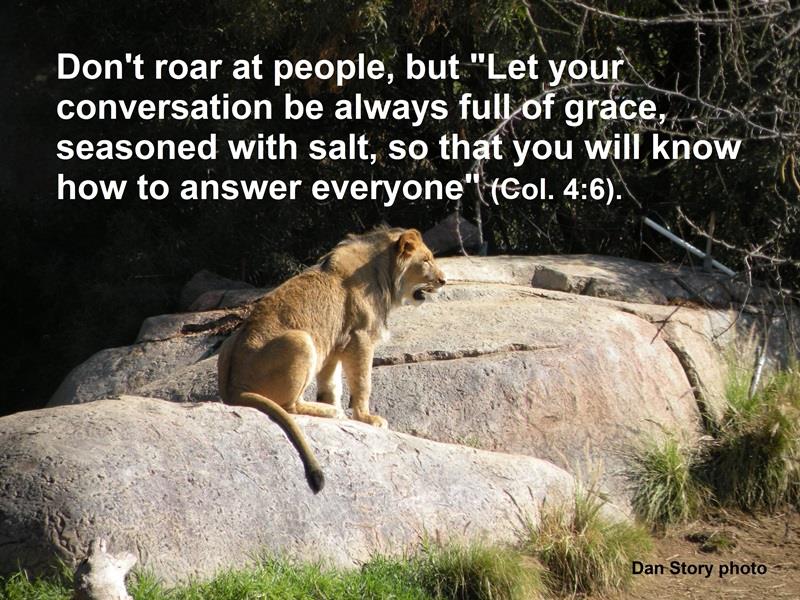
Numbers: Eight & Nine: Why No Need to Be Intimated & How to Prepare for More Effective Apologetic Evangelism?
First, don’t be intimated. The majority of people we engage in apologetic discussions are friends, relatives, co-workers, fellow students, and neighbors. Most non-Christians do not ask difficult questions or need in-depth answers. Their criticisms are usually the product of anti-Christian sentiments they absorb from non-Christian friends, social media, TV and movies, and secular schools. Seldom are their criticisms well-thought-out arguments.
If you encounter questions you can’t answer or arguments we can’t refute, admit it. Our responses to all challenges must be honest. However, not having a response at the moment is not the same as saying there is no response. Point this out. Assure the skeptic there is an answer to their question or argument and that you will find it. This provides an opportunity to meet again. If you aren’t seeing that person again, research the problem anyway. Next time you’ll have a response if the issue arises.
With this said, there are two crucial steps to be prepared for apologetic evangelism
Number Eight: Know What You Believe (Defensive Apologetics)
The Lord has charged us with the responsibility to evangelize the lost (Acts 1:8) and to defend our faith (1 Pet. 3:15; Jude 3). To do this, we must be prepared to do three things:
- Understand and explain orthodox biblical doctrine—especially the essentials of our faith.
- Be able to demonstrate these doctrines in the Bible—back up what we believe in Scripture.
- Be able to defend Christian truth claims by presenting rational and verifiable apologetic evidence whenever necessary.
This is defensive apologetics, and it entails being prepared to answer the challenges, objections, and tough questions unbelievers raise.
Number nine: Know What Unbelievers Believe (Offensive Apologetics)
Whereas “defensive apologetics” is defending Christianity, “offensive apologetics” is challenging unbelievers’ to explain and justify their beliefs. This requires an understanding of what unbelievers believe.
Before missionaries go to a foreign culture, they learn as much as they can about its religious beliefs, social customs, ethical behavior, cultural taboos, and, when necessary, the language. These insights allow missionaries to discern how best to initiate an evangelistic strategy.
Similarly, Christian apologists must also learn what unbelievers believe. This is especially necessary for apologists witnessing to non-Christian religions and Christian cults. It’s impossible to formulate offensive apologetics unless one understands what other religions teach.
The lesson here is to be prepared. Do your homework. Learn what you can about the religions and the secular world views you are likely to encounter at home, work, school, and social media.
Next week I’ll end this series with the fundamental tenth commandment: Always keep the right attitude when engaging in apologetics or evangelism—no matter how hostile or irrational an unbeliever’s response is. I’ll share a personal example of this.
Note: Please join my private blog email list to avoid missing my weekly blog posts. Click on “contact” above and send me a request with your email address. I do not share email addresses.